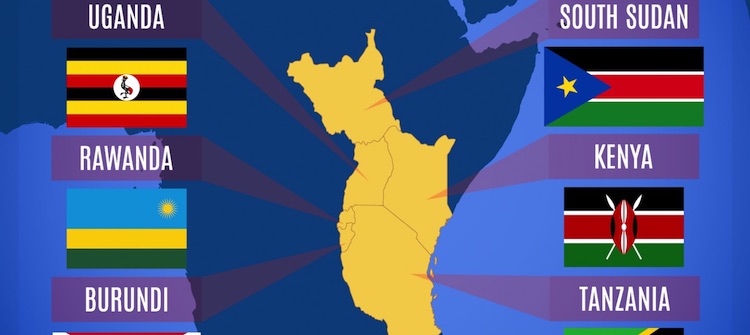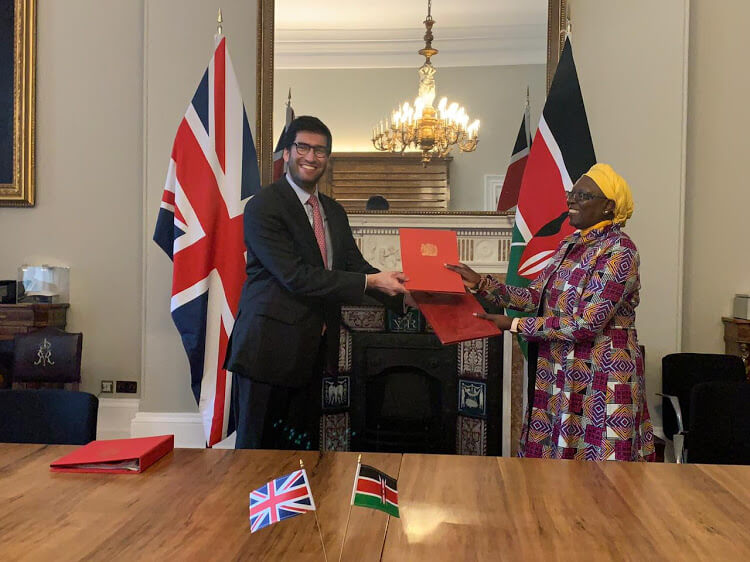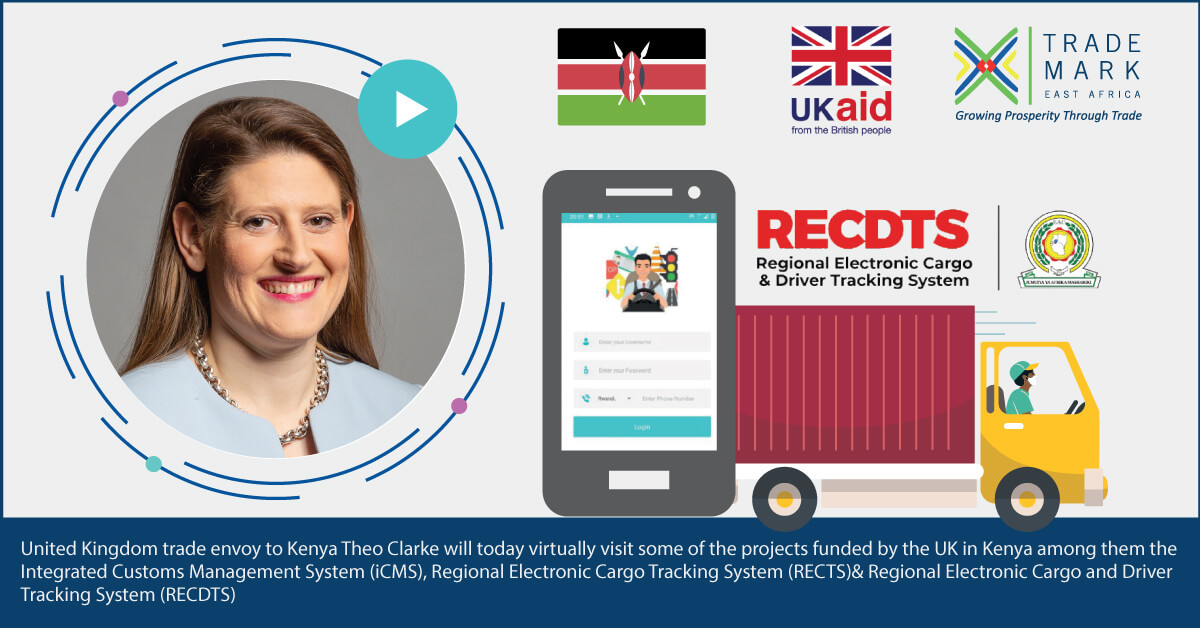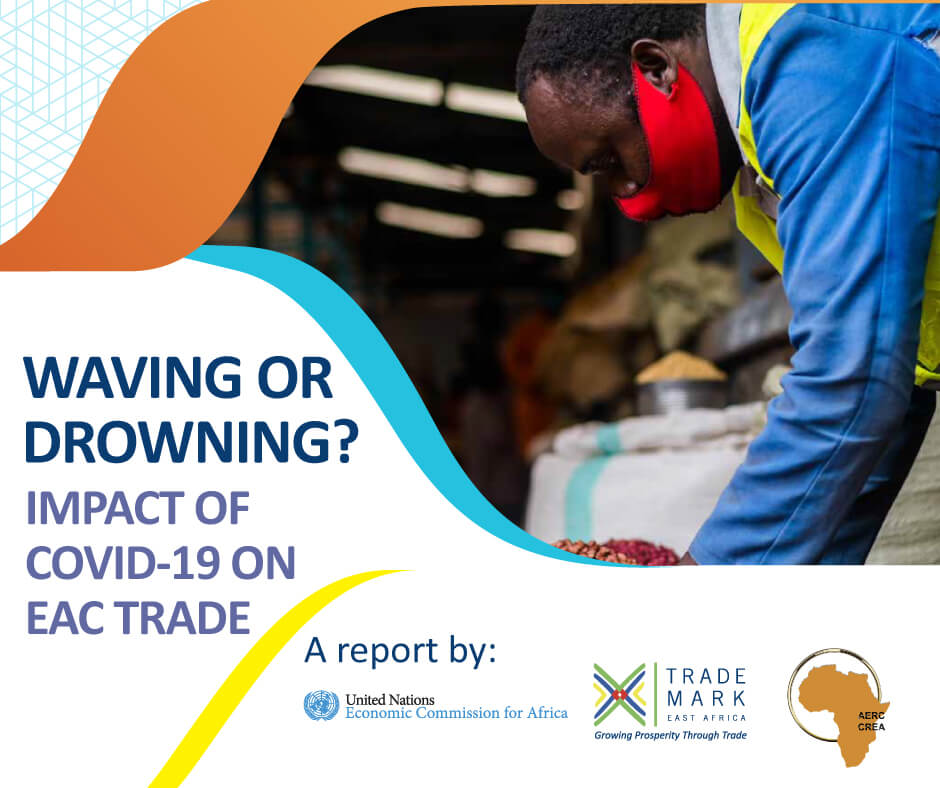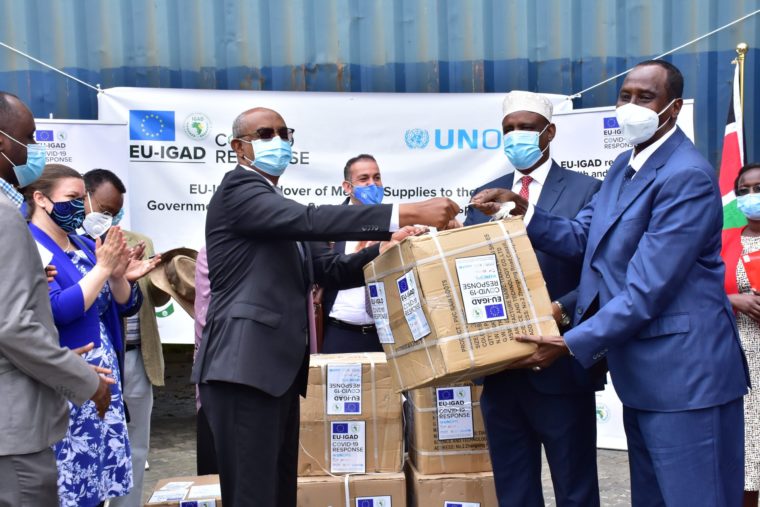NAIROBI (IDN) — When the COVID-19 pandemic crisis started, most people were extremely pessimistic. They thought that the region would drown in terms of trade declining catastrophically. But a new report reveals that the East Africa Community economies — Burundi, Kenya, Rwanda, South Sudan, Tanzania, and Uganda — have, by global standards, proven to be relatively resilient. The report was launched on February 17 by UN Economic Commission for Africa (UNECA), TradeMark Africa (TMA) and African Economic Research Consortium (AERC). The Office for Eastern Africa of the UN Economic Commission for Africa (UNECA) serves 14 countries: Burundi, Comoros, Democratic Republic of Congo, Djibouti, Ethiopia, Eritrea, Kenya, Madagascar, Rwanda, Seychelles, Somalia, South Sudan, Tanzania and Uganda. TMA has its headquarters in Nairobi, Kenya, with operations and offices in EAC-Arusha, Burundi (Bujumbura), Tanzania (Dar es Salaam), Democratic Republic of Congo (Bukavu), Ethiopia (Addis-Ababa), Malawi, Zambia, South Sudan, Uganda (Kampala) and Rwanda (Kigali). TMA is an aid-for-trade organisation established in 2010, with the aim of promoting prosperity in East Africa through increased trade. It operates on a not-for-profit basis and is funded by the development agencies of the following countries: Belgium, Canada, Denmark, Finland, Ireland, Netherlands, Norway, United Kingdom, United States of America as well as the European Union. African Economic Research Consortium established in 1988, is a premier capacity building institution in the advancement of research and training to inform economic policies in sub-Saharan Africa. Entitled "Waving or Drowning? The Impact of the COVID-19 Pandemic on East African Trade", the report notes...
Time to Redouble Efforts for Economic Diversification in East Africa
Posted on: February 24, 2021
Posted on: February 24, 2021

